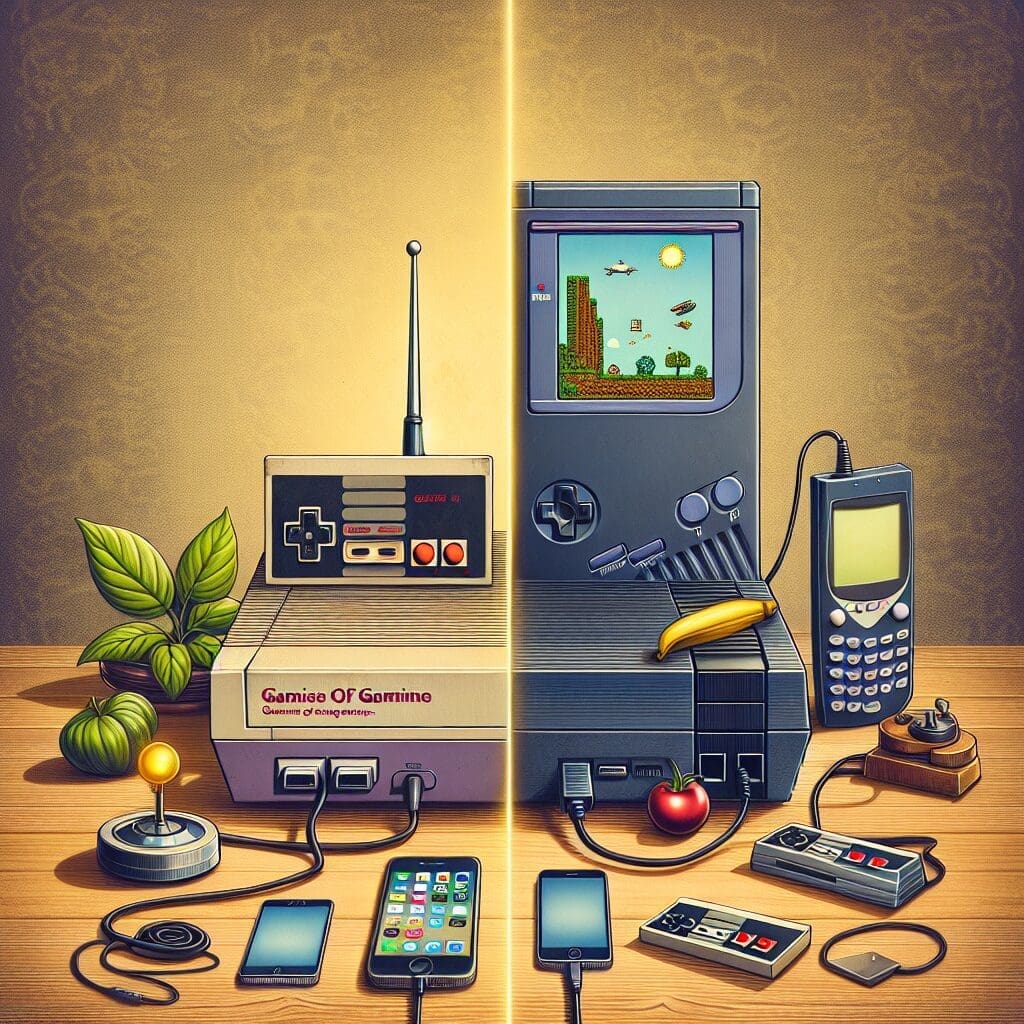Your cart is currently empty!
From Console to Mobile: The Changing Landscape of Gaming Platforms

Written by
Request immediate IT services, talents, equipments or innovation.
The gaming industry has seen a remarkable evolution over the years, with advancements in technology continuously shaping the way we play and experience games. One of the most notable changes in recent years has been the shift from traditional console gaming to mobile gaming. This transition has not only changed the way games are played, but has also revolutionized the gaming industry as a whole.
Console gaming has long been the dominant force in the gaming world, with powerful gaming consoles like the PlayStation, Xbox, and Nintendo dominating the market. These consoles offered high-quality graphics, immersive gameplay, and a wide range of titles for gamers to enjoy. However, with the rise of smartphones and mobile devices, the landscape of gaming platforms began to change.
Mobile gaming has quickly become one of the most popular forms of gaming, with millions of people around the world playing games on their smartphones and tablets. The accessibility and convenience of mobile gaming have made it a favorite among casual gamers, as well as hardcore gamers who want to play on the go. The rise of mobile gaming has also opened up new opportunities for developers, who can now create and distribute games more easily to a wider audience.
One of the key advantages of mobile gaming is the low barrier to entry. While console gaming requires a significant investment in hardware and software, mobile gaming is accessible to anyone with a smartphone or tablet. This has led to a huge increase in the number of gamers, as well as the diversity of games available on mobile platforms. From casual puzzle games to immersive RPGs, there is a game for every type of gamer on mobile devices.
Another factor driving the shift from console to mobile gaming is the rise of free-to-play games. Many mobile games are available to download and play for free, with developers making money through in-game purchases and advertisements. This model has proven to be highly profitable, leading many developers to focus on mobile gaming as their primary platform.
Despite the popularity of mobile gaming, console gaming still holds a strong presence in the industry. While mobile games offer convenience and accessibility, console games often provide a more immersive and high-quality gaming experience. Many gamers still prefer the tactile feel of a controller and the superior graphics offered by consoles.
As the gaming industry continues to evolve, it is clear that both console and mobile gaming have their own unique strengths and advantages. The rise of mobile gaming has brought new opportunities for developers and gamers alike, while console gaming continues to offer a premium gaming experience for those who prefer traditional gaming platforms.
In conclusion, the changing landscape of gaming platforms reflects the ever-evolving nature of the gaming industry. While console gaming remains a dominant force, mobile gaming has quickly become a major player in the gaming world. As technology continues to advance, it will be fascinating to see how these platforms continue to shape the future of gaming.
List your services, equipments or CV, advertise using our portal for free
Discover more from Zion AI: Free Marketplace for Talents, Tech Jobs, Services & Innovation, Sign-up for free
Subscribe to get the latest posts sent to your email.

Leave a Reply
You must be logged in to post a comment.